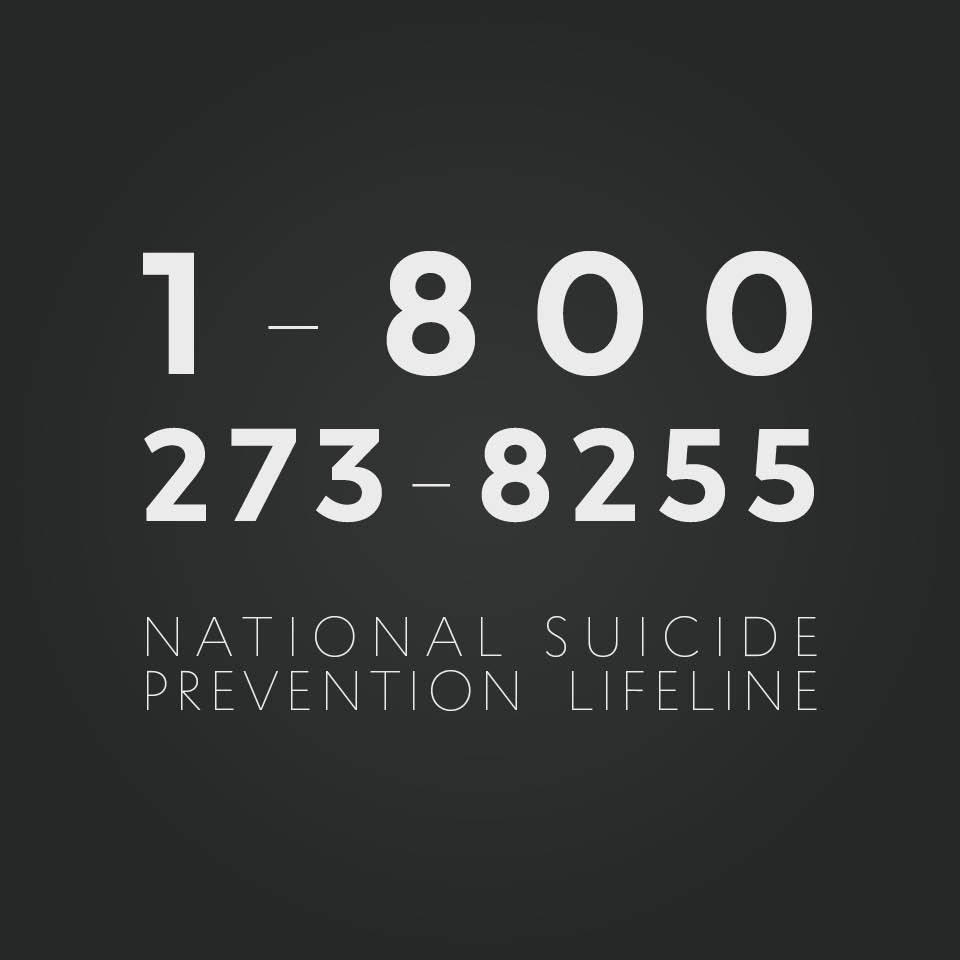Since 2003, World Suicide Prevention Day has been observed to create an awareness about the prevalence of suicide in the world and to create a commitment to help stop it.
If you or someone you know needs help, the National Suicide Prevention Lifeline, 1-800-273-8255, exists to help both those directly affected by suicidal thoughts and those worried about a loved one.
Risk factors for suicide exist. While these factors cannot cause or predict a suicide attempt, it is important to take note. Risk factors, provided by suicidepreventionlifeline.org, include:
- A history of mental illness, including mood disorders, schizophrenia, anxiety disorders and depression
- Substance abuse issues
- Impulsivity and/or aggression
- Hopelessness
- History of trauma or abuse
- Major physical illness
- Previous suicide attempts
- Family history of suicide
- Recent major loss – job, finances, relationship
- Sense of isolation or lack of social support
- Easy access to lethal means
- Local clusters of suicide or an exposure to others who have died of suicide
- Cultural beliefs surrounding the notion that suicide is noble or a way to handle major problems
- Lack of healthcare
- Stigma associated with asking for help
Risk factors can pair with warning signs, or observable behaviors. These, also provided by suicidepreventionlifeline.org, include:
- Verbal cues – talking about feeling hopeless, trapped, in pain or having no reason to live; talking about being a burden to others or about wanting to die
- Researching ways to end his/her life
- Increasing substance abuse
- Behaving in a reckless, anxious or agitated way
- Changing sleeping habits – too much or too little
- Withdrawing from social groups
- Showing rage or talking about revenge
- Extreme and unpredictable mood swings
If you notice these signs in a loved one, or have noticed them in yourself, talk to a trusted adult or call the National Suicide Prevention Lifeline.
Locally, the Mental Health Association of Oklahoma offers free suicide prevention training for those looking to help. Called QPR – or Question, Persuade, Refer – this emergency mental health training and intervention “teaches lay and professional gatekeepers to recognize and respond positively to someone exhibiting suicide warning signs and behaviors,” according to mhaok.org. The key components include questioning a person’s meaning to determine suicide intent or desire; persuading said person to accept or seek help; and referring that person to the appropriate resources. To schedule a QPR training for your Oklahoma-based business, school, faith community or civic organization, call 918-585-1213 or 405-943-3700.
For other tools to help prevent suicide, visit bethe1to.com, suicidepreventionlifeline.org, mhaok.org or afsp.org.
























